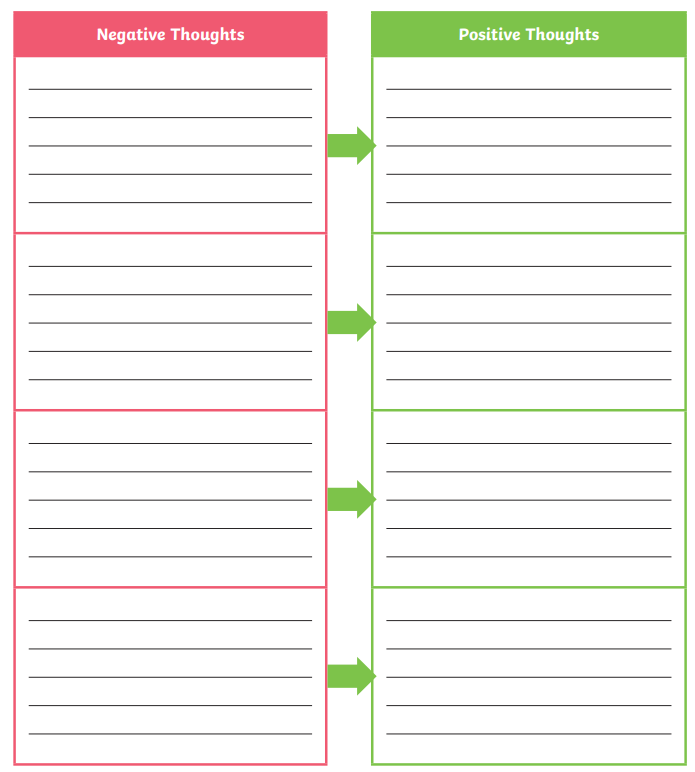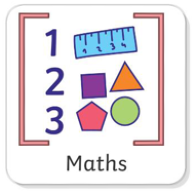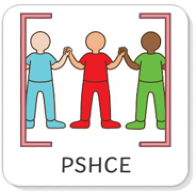So, this can be as simple as asking the question, ‘What do you think is going to happen next?’, quickly followed with, ‘Why?’.
Wednesday
Each of these sentences has a spelling mistake.
Write out each sentence with the correct spelling.
1. The teacher opened the classroom dor.
2. There were wyld animals in the story.
3. “Howld the balloon tight!” said mum.
4. I can run very farst.
5. Sarah had a hot barth.
6. Lucy was very kined to her sister.
7. Katie had stake and chips at the restaurant.
8. Elly ate halv of the cake.
RIC
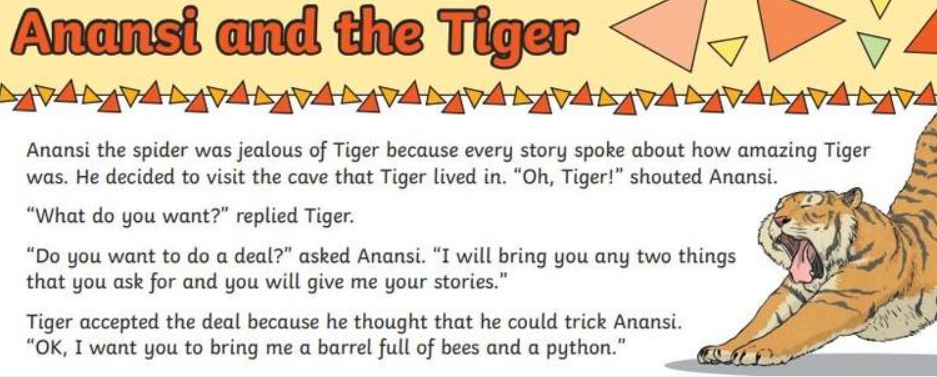
R: What is the spider called?
I: Why did everyone think Tiger was amazing?
C: What type of animal is a python?
Wednesday 8th January 2025
LC: To make predictions from details implied.
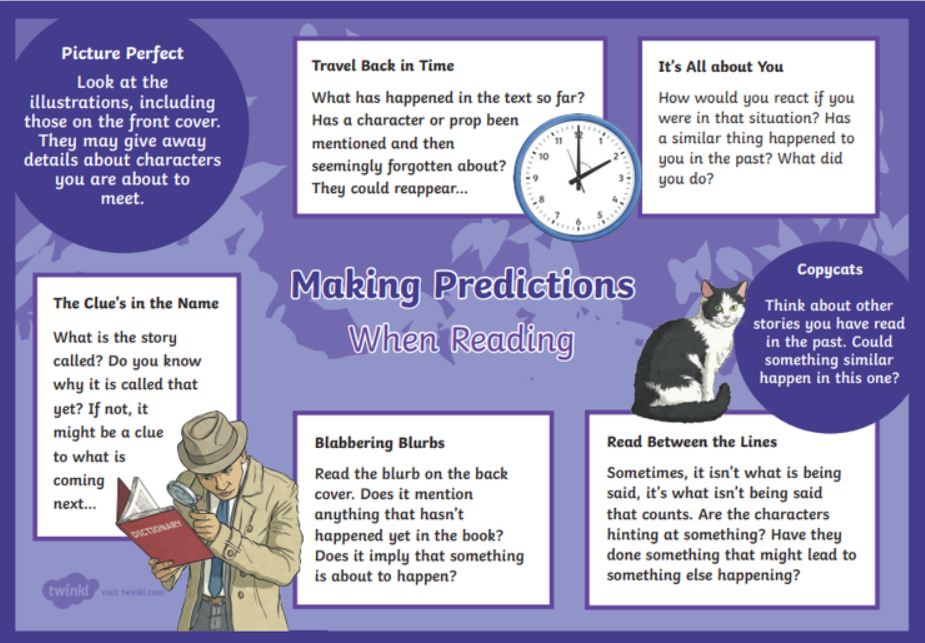
However, we need to make explicit the additional skills needed to be able to do this. To be able to predict, you need to be able to read and understand what has happened, and is currently happening. You need to be able to retrieve and infer (‘details stated and implied’), combine this with your knowledge of the world, weigh up probability, and make a sensible prediction of the next outcome. It might come naturally to many, but it’s worth breaking it down to look at what’s involved.
Teacher model: Look at the picture below and make a prediction on what will happen next from the details implied. Use the questions to help guide your answer.
TUNNEL IN THE HEDGE

- Where does the tunnel lead?
- What is the source of the light?
- Do you think the rabbit will go through?
- Has it been through before?
- How did it find out about the tunnel?
- Would you go through it?
Your turn: Look at the picture below and make a prediction on what will happen next from the details implied. Use the questions to guide your answer.
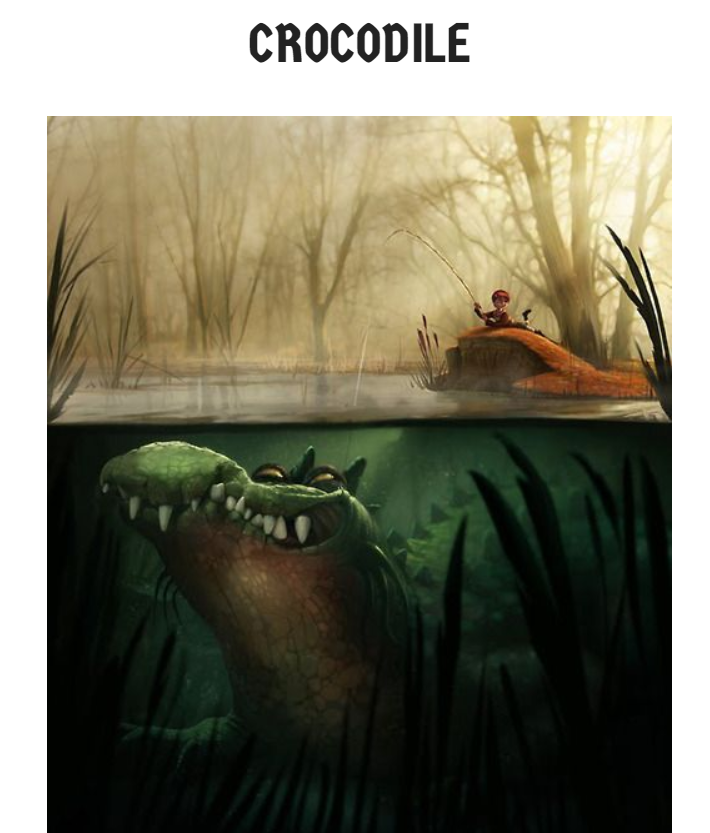
- Describe the scene. How does the picture make you feel?
- Do you think the boy knows what lurks beneath the surface?
- What do you think he can see/hear?
- What is the crocodile’s character like?
- What will happen next? Continue the story.
- If you could jump into the picture, what would you do? Would you help the boy? How?
Grammar
Innovate new sentences using the pictures as inspiration for your sentences. Write these in your book under your date and LC. Remember to use the Success criteria which can be found on the English learning wall.
Grammar: Fronted adverbials for when.
Until
After
Before
When
While
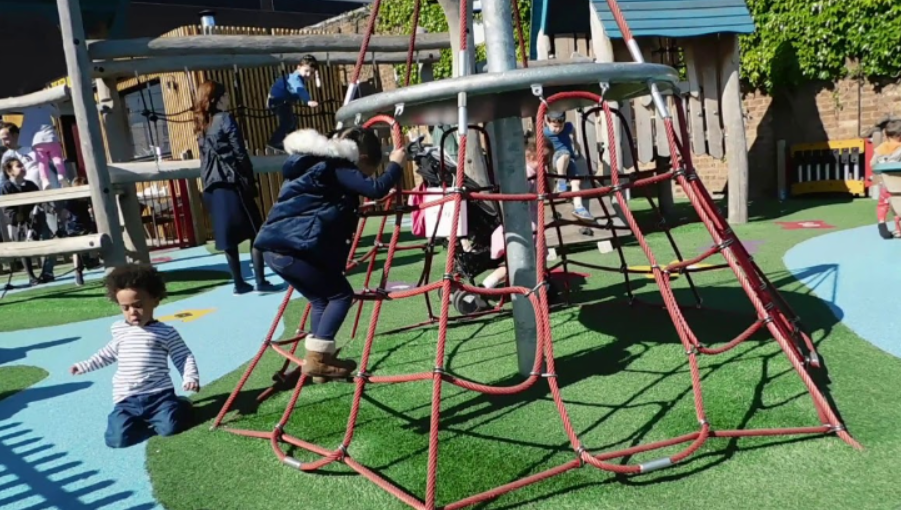

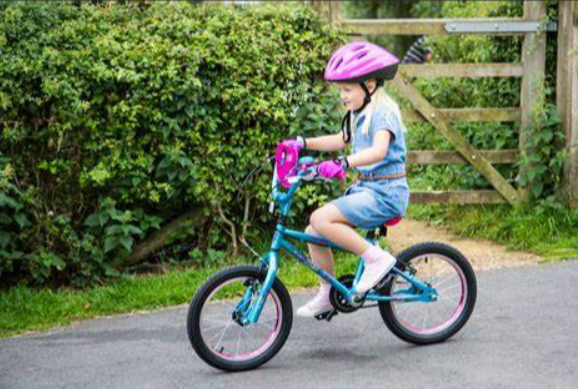
Wednesday 8th January 2025
LC: To navigate texts to locate and retrieve information.
We will be looking at the Romans and producing a Non Chronological report on them.
Teacher model: Together we will be doing some close reading.
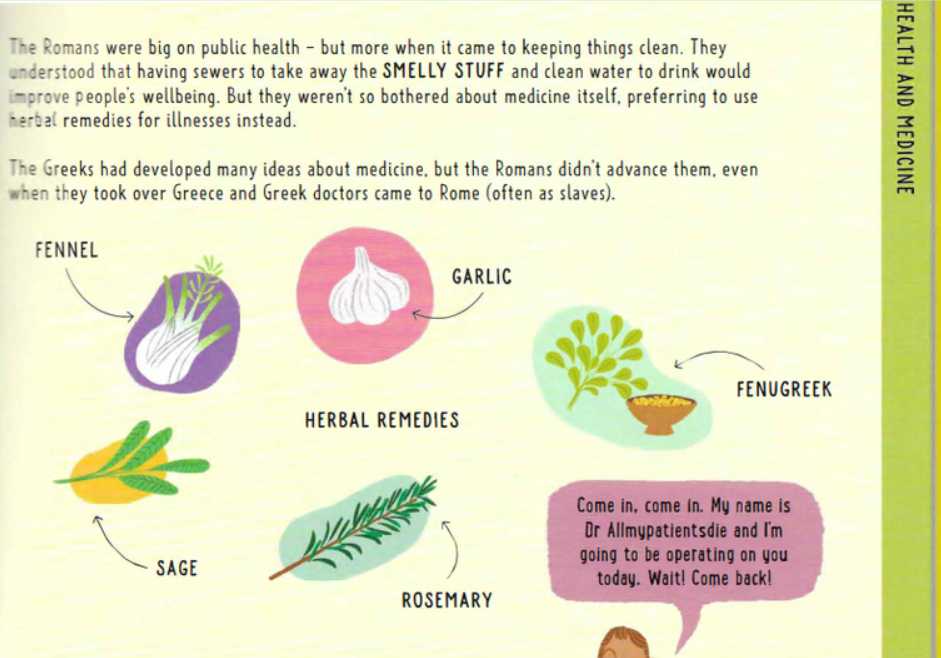
Health and medicine:
What have we found out from our close reading?
Your turn: Using close reading find facts and write them on post it notes with headings.
Pages 1-12
eng193 talk three romans resource book print prior to session.pdf
08.01.25
LC- To multiply 3 digits with renaming.
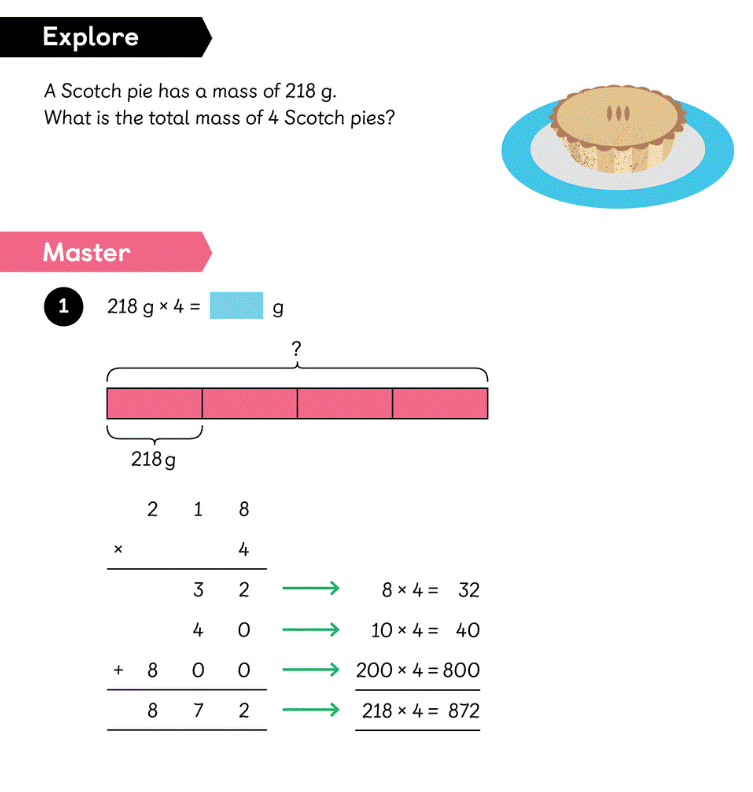
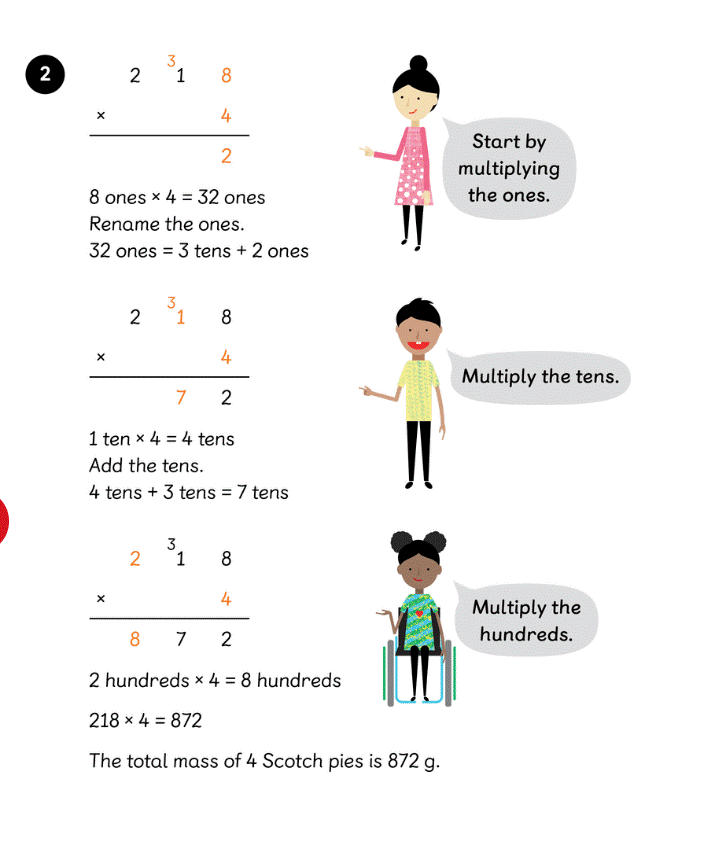
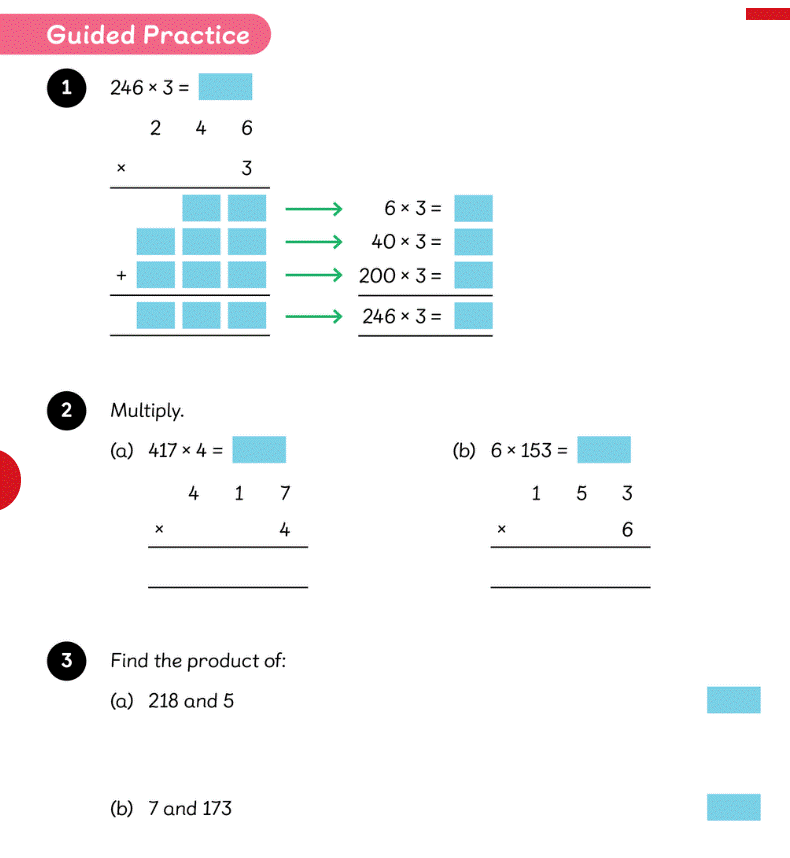
Complete worksheet 10 pages 129 and 130
Wednesday 8th January 2025
LC: To understand about how to manage setbacks and perceived failures, including how to re-frame unhelpful thinking.
Definitions:
Failure is a lack of success in doing or achieving something, especially in relation to a particular activity.
Setback: something that causes delay or stops progress.
Reframe: to change the way something is expressed or considered.
Growth Mindset.
What is a growth mindset?
A mindset is a self-perception that people hold about themselves. Having a growth mindset means that you believe basic abilities can be developed through hard work, dedication and persistence which in turn can improve intelligence and performance.
It is important that children learn how to develop a growth mindset. You can help support them to do this by making learning more effective and efficient and unlocking their self-belief to ultimately lead to higher achievement.
The opposite of a growth mindset is called a fixed mindset. This means that people believe that their basic qualities like talent and intelligence are fixed traits and hard work won’t change this.
t c 1636 growth mindset powerpoint ver 2.pdf
In your groups have a go at the activity: Fixed mindset vs growth mindset.
In your groups discuss and complete: Making Negative Thoughts into Positive Thoughts activity.
Often, we think negatively about a situation or an event that has happened or is about to happen. When we think negatively, we are likely to carry on thinking negatively, which helps to make the thought more powerful. When this happens, it is really difficult to find positive thoughts. This can lead to a one-sided view of a situation or event which is often not a true judgement. Please complete the table below so you can see how you can change negative thoughts into positive thoughts.
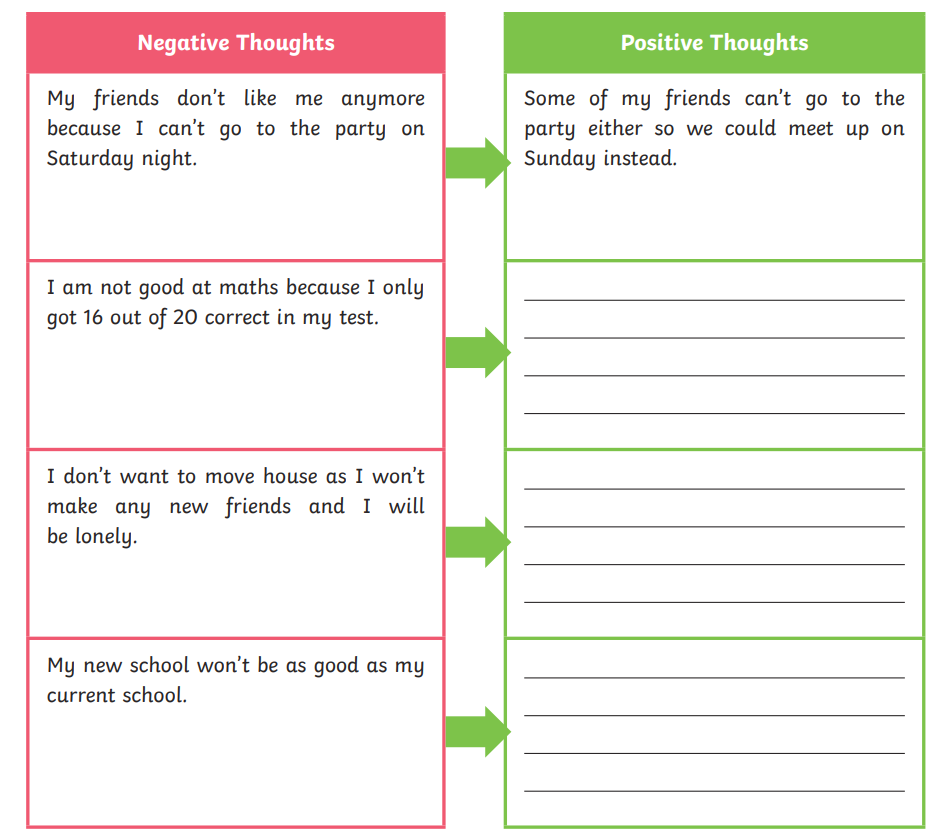
Independent task.
Complete the table below so you can see how you can change negative thoughts into positive thoughts.
